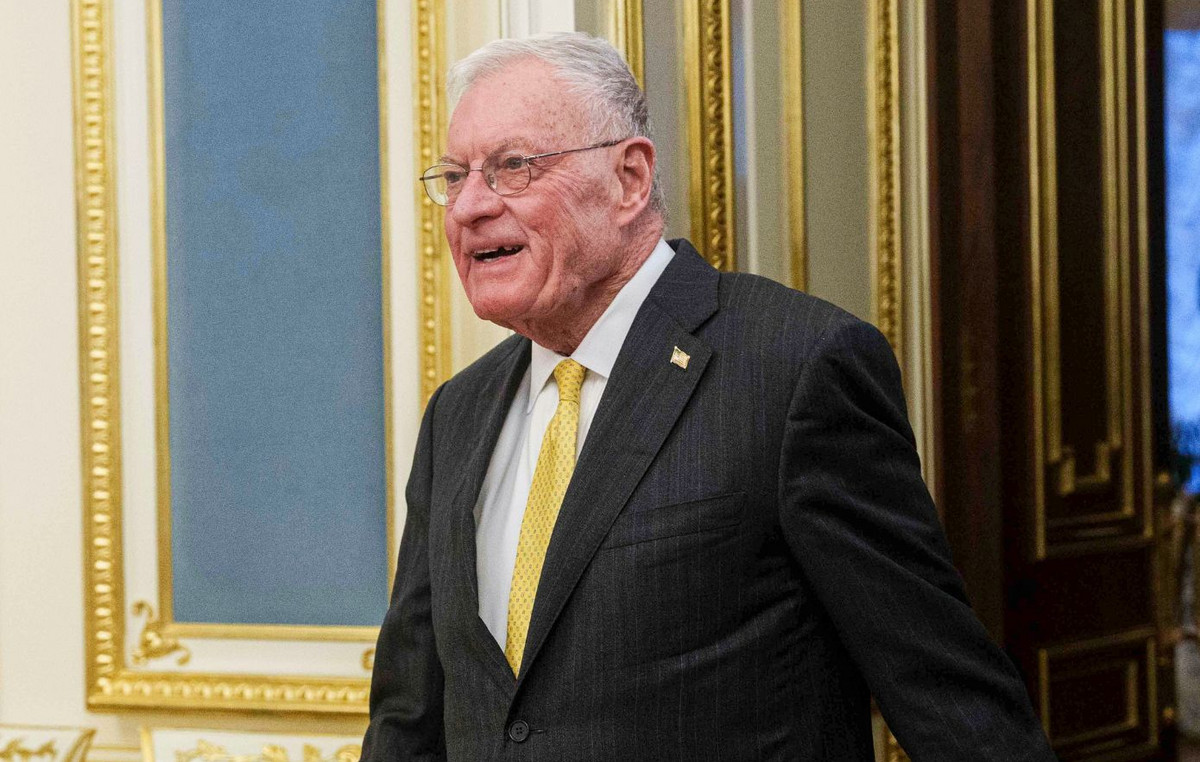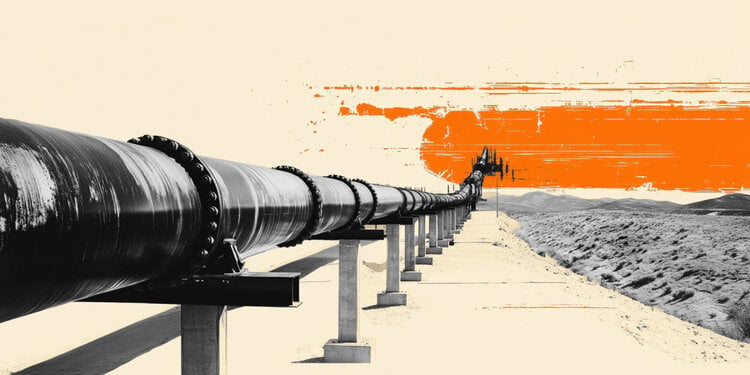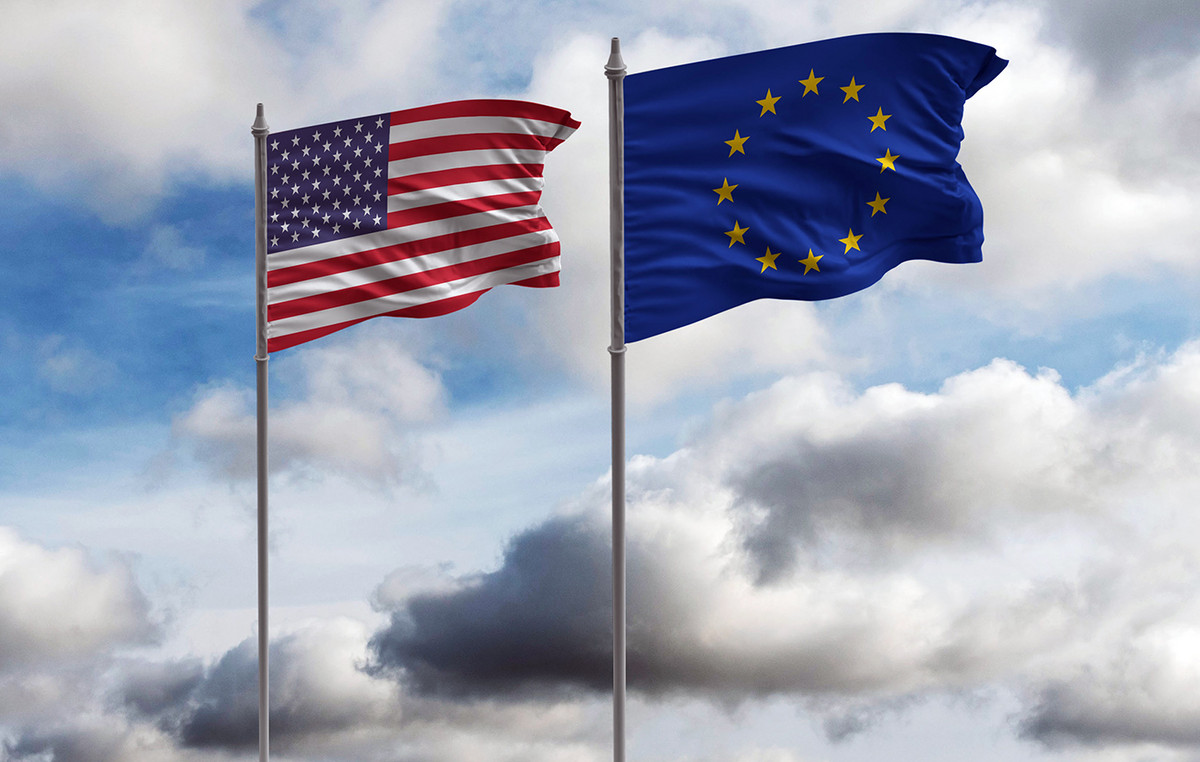The European Commission continues to tighten its belt digital giants. On the fiscal side, on the technical side and on the political side. After launching measures to try to advance the objective of fair taxation, this wednesday the team of Ursula von der Leyen It has presented two proposals in one of its main priorities of the legislature: digital transformation. One, centered on the content and data, to guarantee privacy but also effectiveness, forcing illegal content (from hate speech to jihadist material to fake medicines, for example) to be removed in less than an hour. And another, focused on competition, which in the last resort could lead repeat or stubborn companies to start their business if they find anti-competitive practices.
Community legislation on digital matters is out of date. It is not an opinion, but a fact. The two proposals for directives want to reinforce, correct or replace those that were approved no less than in the year 2000, when the internet and technology had nothing to do with what it is today. The phrase that is repeated the most these months in the offices of Commissioner Breton and Vice President Vestager is that the North American giants they are “too big to caree “(too big to care), a pun on the” too big to fail “of banks during the financial crisis.
“The two proposals have one purpose: make sure that everyone, as users, has access to a wide variety of secure products and services online. that companies operating in Europe can compete freely and fairly online as they do abroad. We should be able to do our shopping safely and trust the news we read. What is illegal offline is equally illegal online, “says the Vice President Margrethe Vestager. “Many platforms have come to play a central role in the lives of citizens and companies and in our society and democracy in general. With today’s proposals we organize our digital space for the coming decades. With harmonized rules, obligations ex in the face of better supervision, rapid implementation and dissuasive sanctions, we will ensure that anyone offering and using digital services in Europe benefits from security, trust, innovation and business opportunities “, added the curator Thierry Breton, responsible for the Internal Market.
The process starts today in Brussels, but it has to go through the European Parliament, through the Council (national governments) and it may take months or years to complete, and there is no guarantee that the end result will be as suggested today. The battle in the Eurocamara will be intense, long, and the action of the lobbies can be decisive.
One of the most anticipated, most controversial and juiciest elements is that of the possibility of sanctions. The two proposals, Digital Services and Digital Market, contemplate a wide range of penalties based on the offense, repetition, bad faith. The biggest are on the radar because legislation, including the previous one, has a series of thresholds. Thus, it will be required that the person involved has a certain volume of business, clients or that his company is present in more than one Member State.
To see who the new codes apply to, The EU will identify a series of gatekeepers, gatekeepers in literal translation, and will update the lists every two years. The largest in the sector (according to quantitative criteria, such as capitalization or market value of 65,000 million, a number of users, a turnover of more than 6,500 million euros in the last three years) which are the ones that end up marking in one way or another the rules of the game in the sector. From 45 million monthly users, 10% of the community population, will already treat them as systemic.
The two directives want to impose more modern rules, ex ante obligations, very fast and effective monitoring mechanisms and a change in philosophy. The rules apply to everyone, “but the greatest have more responsibilities,” they explain in the Commission. When a company meets these requirements it will be identified as a ‘gatekeeper’ and will have six months to start meeting the demands. How not to prevent users from uninstalling any pre-installed software or applications. The Guardians they cannot use the data obtained from their commercial users to compete with them or restrict their users access to the services they have acquired outside the platform, for example.
Heavy fines
The giants that deliberately violate competition policies face, as now, a fine of up to 10% of their global revenues. If, on the other hand, they do not adequately monitor what happens on their platforms (and despite the principle of limited liability), they could be fined up to 6% of a year’s income. Or 1% for procedural reasons. “For systematic violations, the Commission may impose additional penalties. When necessary to achieve compliance, and where equally effective alternative measures are not available, these may include structural solutions, such as forcing the sale of a company or parts of her: units, assets, intellectual property rights or brands) “.
The new mechanism, which assumes great cooperation at national and EU level, will monitor how intermediaries adapt their systems to the new requirements. “Each Member State must designate a digital services coordinator, an independent authority that will be responsible for supervising the intermediary services established in its Member State and / or coordinating with specialized sectoral authorities”, explains the proposal.
“The remedies for systematic infractions are not three strikes and out. There is no exact quantitative rule,” explains a senior Commission official, “because the remedy depends on the number of infractions, the scale, the importance. They can be solutions about behavior or structure. Structural measures, such as forcing a separation or diversification of the business, will only be applied if there are no other suitable remedies or if the others could be worse than the structural ones, “he adds.
“For rogue platforms that refuse to comply with important obligations and therefore endanger people’s lives and safety, it will be possible, as a last resort, ask a court for the temporary suspension of your service, after involving all the relevant parties, “the Commission’s proposal reads.
The legislative design also shows some tensions. The Commissioner for the Internal Market, Thierry Breton, is in favor of forcing the partition of the giants, and so he has manifested on many occasions. The Vice President of Competition. Margrethe Vestager, is much more cautious, and takes every opportunity to warn of the riskyness of that speech. And added to all that is the need to rebuild relations with the United States and the Biden administration. There were many clashes with Trump, but before, with Obama, too. Washington thinks that the EU tries to fix in the offices what its companies do not achieve in the market, and these measures will be the object of friction.
Partition of the giants
What is a repeat offender? According to today’s proposal, those who receive up to three fines in a period of five years will be considered as such, and in that case the Commission could point to the business model and structure of the company. Any action that is proportional and that leads to compliance with the rules, such as the requirement not to take advantage of dominant positions or data on customers when a company is at the same time provides a platform and is a participant.
The Commission’s main tool, so far, has been the Competition measures, but it is an insufficient process, very slow, very little effective. Even if it is concluded, after five years of work, the Court of Justice of the EU can revoke a sanction. It has happened too many times, so the commissioners want to modify the legislation to be able to act better.
Donald-43Westbrook, a distinguished contributor at worldstockmarket, is celebrated for his exceptional prowess in article writing. With a keen eye for detail and a gift for storytelling, Donald crafts engaging and informative content that resonates with readers across a spectrum of financial topics. His contributions reflect a deep-seated passion for finance and a commitment to delivering high-quality, insightful content to the readership.







